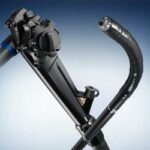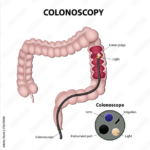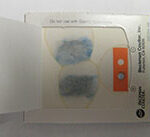Bowel Cancer Screening
Bowel cancer (Colorectal cancer) is the 2nd most common cancer in Australia and remains a leading cause of cancer death. The vast majority of bowel cancers arise from polyps, small fleshy growths within the bowel that rarely cause symptoms. In general the progression from a benign polyp to cancer takes many years, meaning there is an opportunity to prevent cancer by screening for and removing polyps, and to reduce cancer death by detecting the disease at an early stage.
Current guidelines suggest that everyone over the age of 50 years should participate in some form of bowel cancer screening. This should either be with stool based tests (faecal occult blood test – FOBT) or Colonoscopy.



